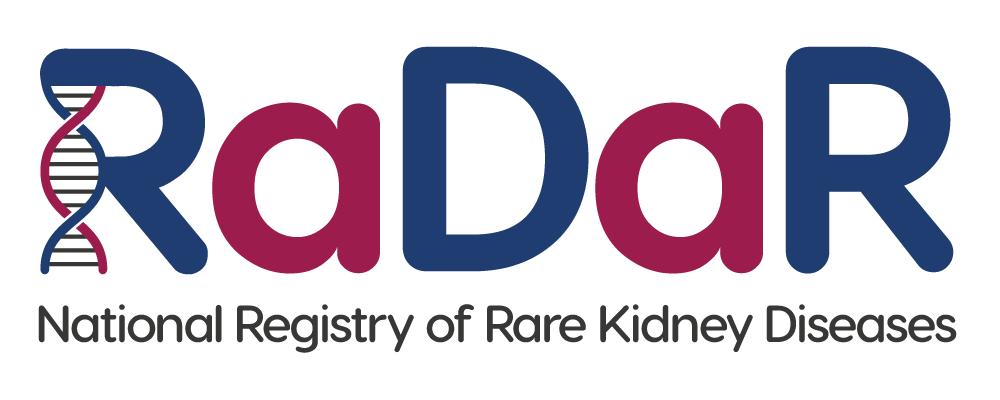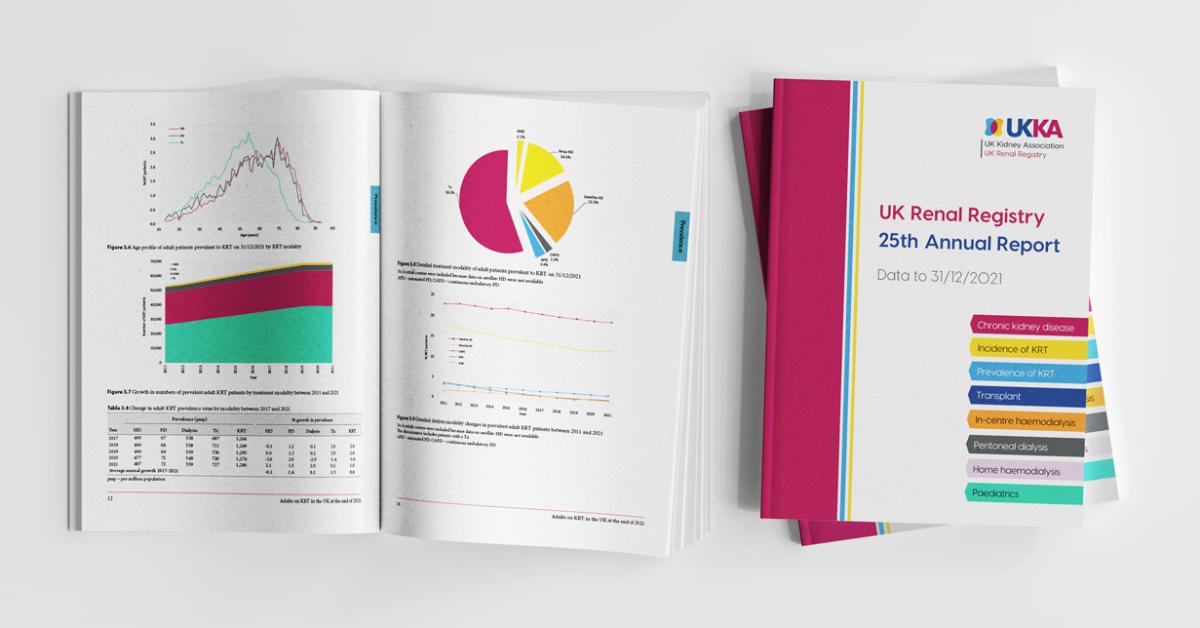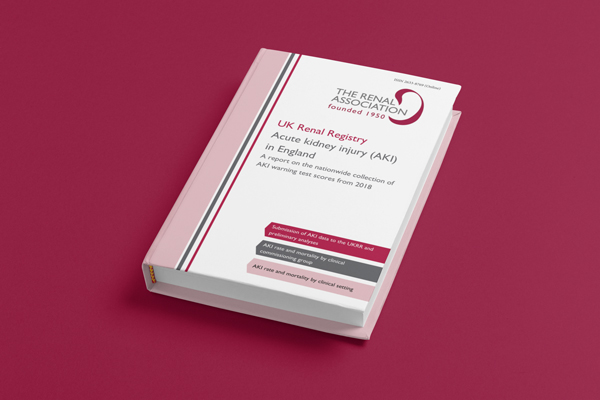Rare Disease Group
1. To collect clinical data on patients with APRT Deficiency in a Registry. This will allow us to:
- study the causes, natural history and outcome of the condition
- develop patient cohorts for future studies
2. To collect biological samples for future studies in a Biobank. This will allow us to:
- identify factors influencing the course of APRT Deficiency
- determine the role of various genes
3. To develop new methods to measure urinary purine excretion. This will improve tools that allow us to:
- study the effectiveness of pharmacological and dietary interventions
- identify factors influencing the course of the condition
4. To work with patient organisations, health care professionals and researchers:
- to enhance the education and training aspect of this project
- to develop strategies to increase the awareness and early detection of APRT Deficiency and improve patient outcomes
1. Enrolling patients into RaDaR
Analysis of data from international registries has led to the publication of review papers and the development of diagnostic guidelines. These may be refined with the inclusion of UK data.
2. Improving ways of measuring DHA
Our Icelandic colleagues have been developing a way to measure DHA in the urine to help diagnose APRT Deficeincy and monitor drug therapy.
3. Conducting a pilot study with APRT Deficiency patients
We are comparing the effect of two different drugs (allopurinol and febuxostat) and dietary modification on urinary DHA excretion.
Grants
Funder: National Institutes of Health, USA
Title of project: Rare Kidney Stone Consortium 6401 (Registry) and 6417 (ProRKSC)
Principal Investigator(s): Dr S Moochhala, Dr V Edvardsson, Prof R Palsson
Because APRT Deficiency is such a rare condition, we aim to collaborate extensively with colleagues based in Iceland and the USA in order to achieve the aims of the group. Details of these collaborations can be found on the Rare Kidney Stone Consortium website.
pending
Publications
Poster presented at UK Kidney Week, 2017 – APRT Deficiency – A Rare disease that should not be forgotten in renal failure of unknown cause, Lowe, M. & Lipkin, G.
Abstract presented at Renal Association Meeting, 2014 – Adenine Phosphoribosyltransferase Deficiency: Two Novel Genetic Mutations and United Kingdom Experience, Balasubramaniam, G. et al.
Thorsteinsdottir M et al (2016). Quantitative UPLC–MS/MS assay of urinary 2,8-dihydroxyadenine for diagnosis and management of adenine phosphoribosyltransferase deficiency. Journal of Chromatography B, Volumes 1036–1037, pages 170–177.
Reports
Being updated....
Funding support for the 2012 patient Information Day was provided by Amgen, Astellas and Fresenius
Individual members’ conflicts of interest are listed below.
|
Name |
Conflict of Interest |
|
Detlef Bockenhauer |
Received consultancy fees from Otsuka |
| Danny Gale |
MRC, Rosetrees Trust and St Peter’s Trust |
|
Paraskevi Goggolidou |
Kingston University and MRC Harwell |
|
Tess Harris |
Represents charities funded by public donation |
| John Sayer |
Glaxosmithkline, KRUK |
|
Roslyn Simms |
KRUK, MRC |
| Aoife Waters |
MRC |
| Pat Wilson |
Kidney Research UK, PKD charity UK, Rosetree’s Trust and St Peter’s Trust |




